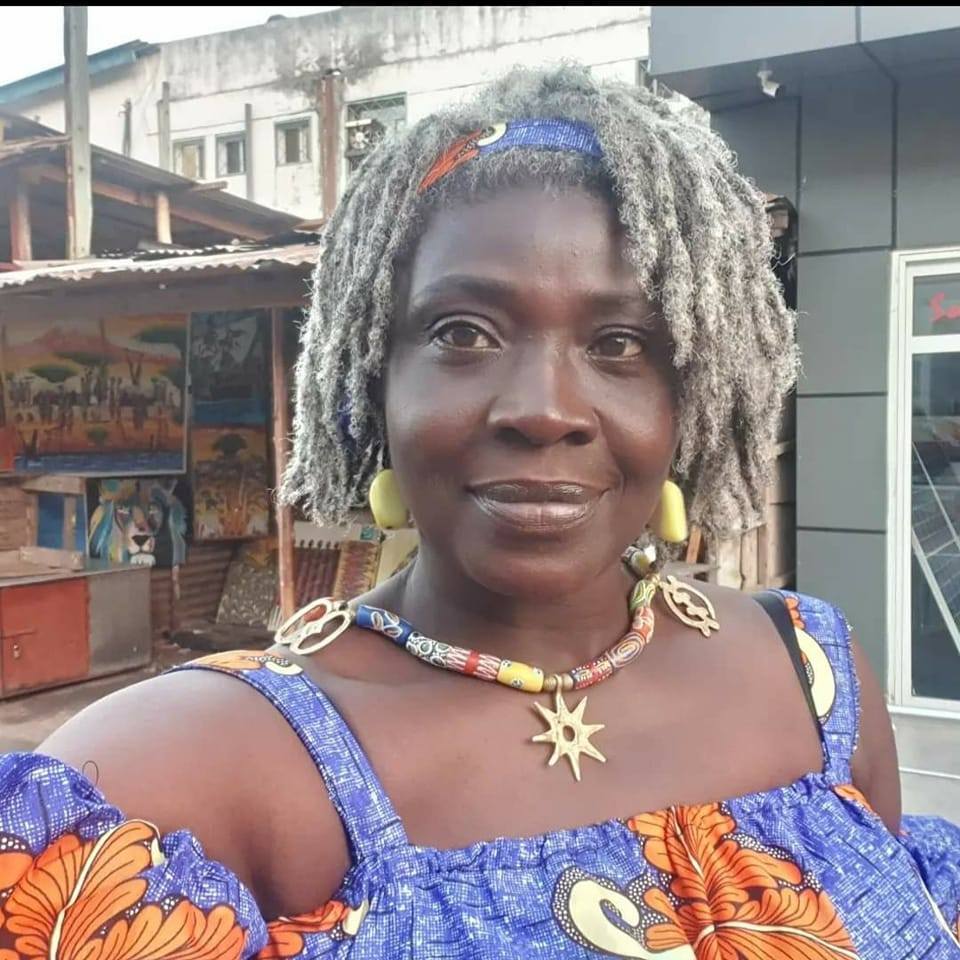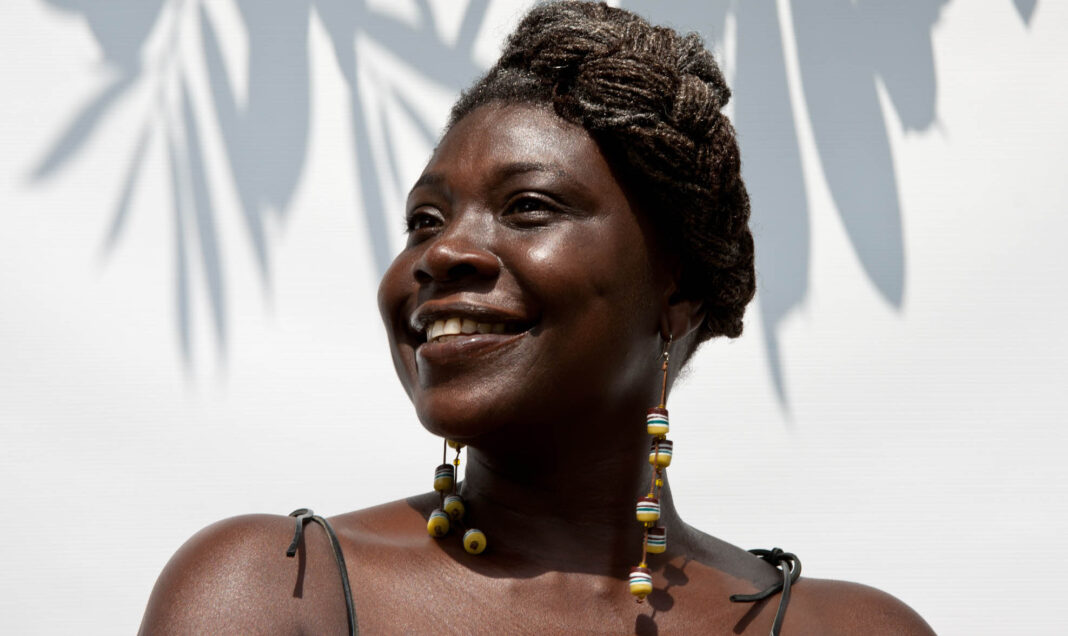Former Ghanaian media personality and activist Blakofe has added her voice to a growing wave of Pan-African support for Burkina Faso’s leader, Captain Ibrahim Traoré.
Now based in the United States, Blakofe joined other members of the African diaspora in a street protest to express solidarity with Traoré and what she described as the rise of “true African leadership.”
Speaking passionately during the march, Blakofe declared: “We read the history books that they killed African leaders. We will not write such books anymore.
“We won’t read such books anymore. The next set of books to read will be about how we conquered—how we conquered the Europeans.”
Blakofe emphasized the importance of rejecting puppet regimes and embracing authentic African leadership:
“We don’t have time for puppets and sellouts and coconuts. We’re here for real African leaders. So I stand firmly with Ibrahim Traoré, and that’s why I’m here.”
The activist also stressed the spiritual dimension of Africa’s liberation, urging Africans to return to their traditional beliefs:
“Turn to your shrines, turn to your African gods. It works. We have to use our African beliefs to fight these people. This is a spiritual battle.”
She encouraged the continued use of social media in amplifying the movement, saying: “This revolution will be televised. When they killed Sankara, there was no social media. But we have it now—and we will keep going.”
Who is Blakofe?

Blakofe, born Akua Blakofe, is a Ghanaian media personality turned activist who made her name in the late ’90s and early 2000s through vibrant appearances on TV and radio.
She stood out not only for her bold opinions but also for her unapologetic Afrocentric fashion and deep-rooted pride in African culture.
Beyond entertainment, she stepped briefly into public service as the Deputy CEO of the Ghana Tourism Authority during the Akufo-Addo administration, a role she later resigned from, citing corruption and systemic inefficiencies as reasons for her departure.
Since relocating to the United States, Blakofe has become even more outspoken, often using her voice and platforms to champion Pan-African ideals.
She advocates fiercely for African self-reliance, cultural pride, and political consciousness.
Whether she’s speaking at protests, posting on social media, or calling out what she sees as neocolonial influence in African politics, Blakofe has consistently positioned herself on the side of what she calls “real African leadership.”
Her support for leaders like Burkina Faso’s Ibrahim Traoré reflects this stance, and she frequently calls on Africans—both on the continent and in the diaspora—to return to their spiritual roots and reclaim their destiny.

